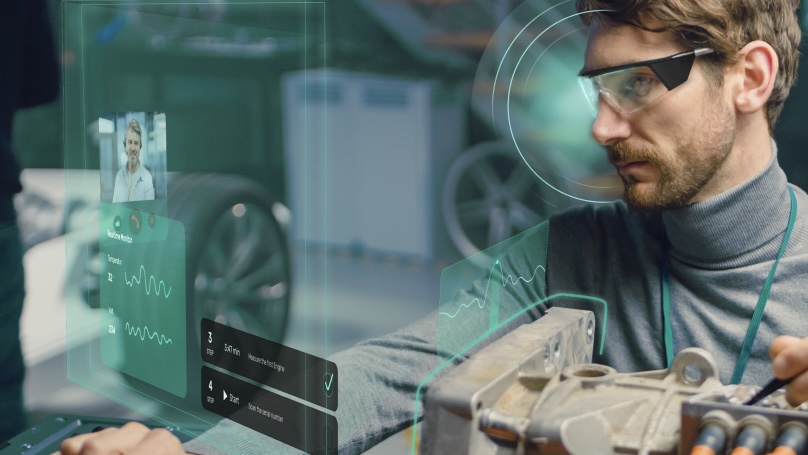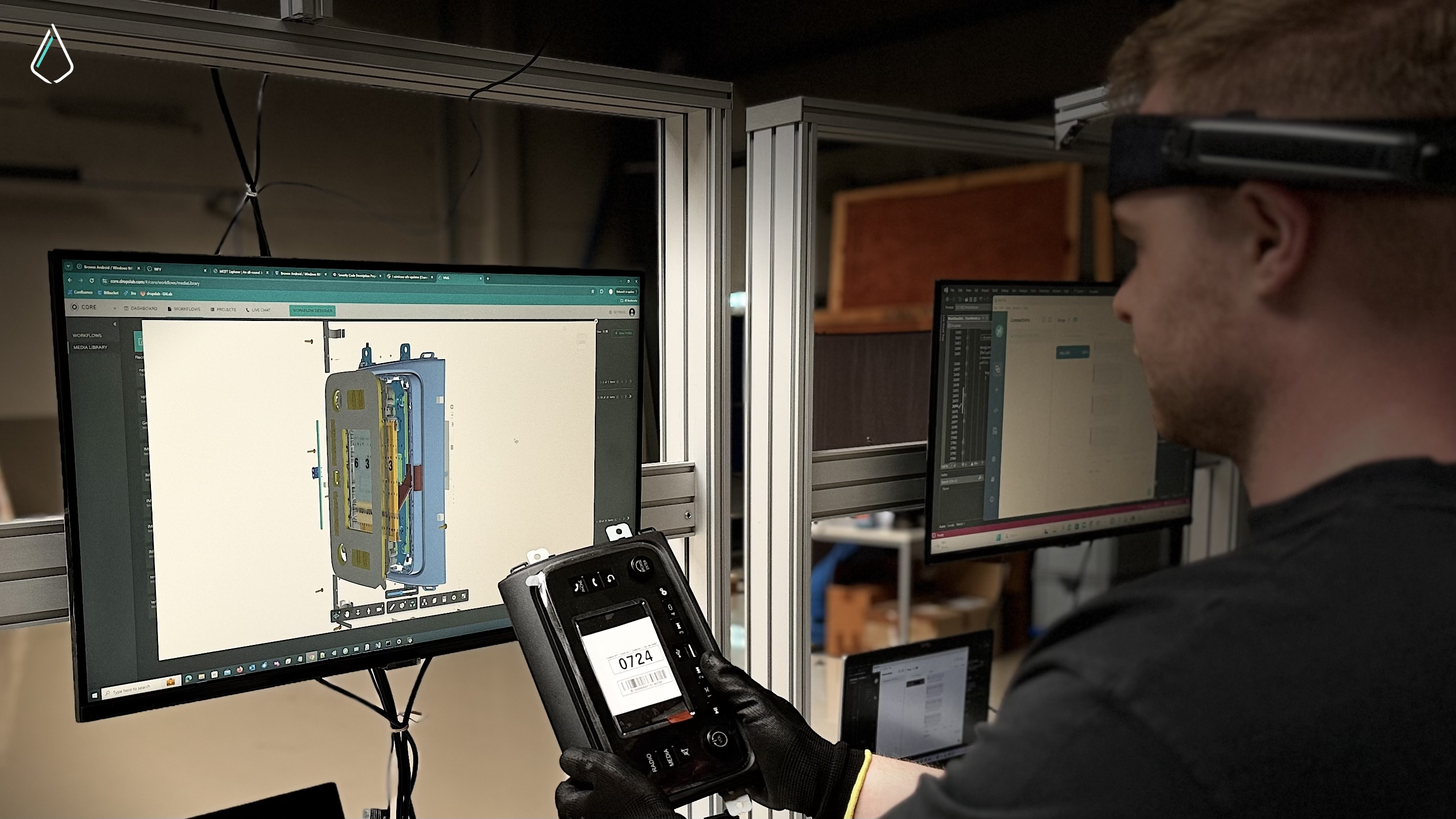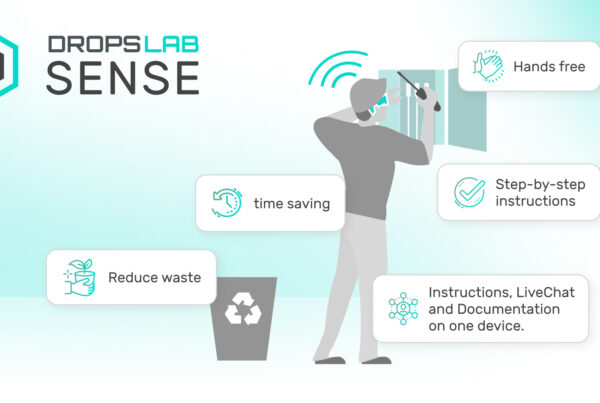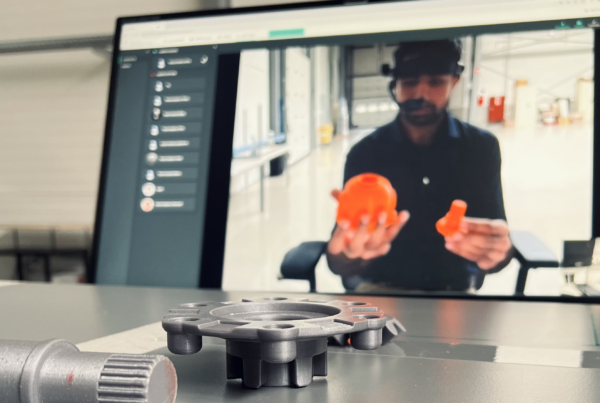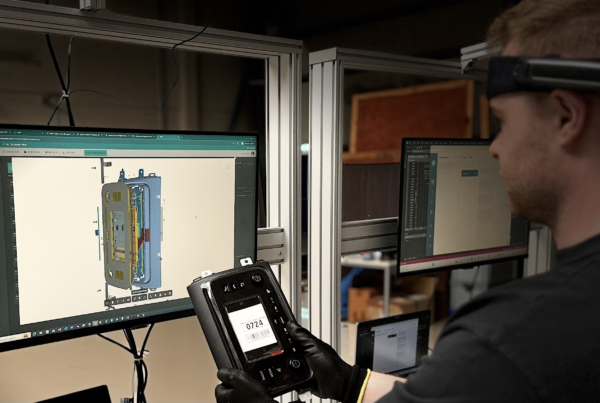The Future and Challenges of Digital Factory
We have already learned about the benefits, the pillars, four evolutionary stage, and what is digital factory in our previous article. As we know, that the digital factory is now changing how products are made using high-end technology to link and automate different parts of the assembly line. This concept promises to make industries more flexible, efficient, and responsive to customer demands. However, shifting from a traditional factory to digital factory also has some challenges. Organizations must invest in new technologies, minimize skill gap, and make sure there are no security risks. Here, we will see what the future for digital factory is and the challenges which we need to overcome to fully benefit from the digital factory.
Challenges and Considerations
Even though shifting to a digital factory offers a lot of benefits, there are still many challenges that we need to consider. These include the costs, security risks, complexities, and more. Here are the few challenges and consideration that we should keep in mind when shifting to digital factory.
1. High Initial Investment
Digital factory technologies need specific equipment, trainings and capital. The equipment is not cheap which means that to implement a digital factory, high initial investment is required. This can be challenging for start-ups and small organizations.
2. Cybersecurity Risks
Cyber threats are common these days. The increased dependency on the digital systems makes factories a good target for cyber-attacks and data breaches. This can cause problems and might damage the image of the organization.
3. Complexity in Integration
The old systems are simple and direct but if you merge advanced systems like blockchain and industrial internet of things it can be difficult. Linking the old systems with these advanced ones can be quite difficult and will require skilled workforce. This might not only be costly but will also be complex.
4. Workforce Skill Gap
When modern day technologies are implemented in a traditional industrial setup, upskilling of workers is required. To handle and manage the advanced technologies efficiently, workers skill gap should be minimized. This might require additional costs for trainings, extra time and more.
5. Reliability and Maintenance
Since these digital factory technologies are quite advance, they need proper maintenance. So, to make sure that these systems are reliable and are fully optimized can be difficult. Moreover, their repair and maintenance are quite expensive as well.
Future of Smart Manufacturing
The digital factory concept is continuously expanding. There are many revolutionary innovations which are shaping the future of smart manufacturing. These include cloud computing, big data, digital twins, and more.
Let’s have a look at how these technologies are shaping the future of digital factories.
1. Data and Connectivity
Data and connectivity is vital for every digitized factory and it includes three main technologies which are cloud computing, big data, and IIoT. For industries it is important to process, store and manage data which can be performed through cloud computing. Big data technology is dependent on collection, processing and analysis of multiple datasets efficiently to find out trends and insights of processes. Industrial internet of things involves interlinking of sensors, equipment and devices to collect and exchange data. Overall, it improves flexibility, scalability, efficiency, quality control and connectivity. While decreasing errors and time taken to complete a task.
2. Digital Transformation
To fit in the challenging environment, shift from traditional practices to modern technologies is imperative for factories. Digital twins, artificial intelligence and machine learning are technologies that assist in this digital transformation. The digital twins produce digital replicas of the real-world systems. These are constantly updated for real-time simulation, and analysis. AI simulates the human intelligence methods. The ML a sub-set of AI allow these advance systems to learn and improve from experience without extra programming. Collectively, these help in optimizing production line, informed decision-making, data analysis and automation.
3. Enhanced Human-Machine Interaction
To fully digitize, industries need human-machine interaction in a way that it enhances production efficiency. To achieve this, automation, robotics, and augmented reality are important. Augmented reality adds digital information to the physical factory environment. While automation and robotics is used widely in smart manufacturing. These collaborative robots (cobots) and human-machine interaction makes it easier for workers to interact with both digital systems and real-world operations while simplifying tasks, improving accuracy, efficiency, decreasing costs and increasing productivity.
4. Advanced Production Techniques and Security
Shift towards digital factory requires advanced production techniques and security. It makes our data and processes vulnerable. Blockchain technology, additive manufacturing, and increased focus on sustainability contribute to process optimization and security for factory transformation. Through additive manufacturing objects can be produced from 3D model data layer by layer. The blockchain technology is a decentralized, distributed ledger that keeps track of all the transactions. By shifting to digital factory, the industries can move towards energy efficient manufacturing processes, benefiting the planet, contributing to cost savings, reducing waste and resolving security issues.
Summary
Even though shifting from traditional factories to digital factory is a great step. It has many challenges, but the future seems promising. To easily shift to smart manufacturing, the organizations need efficient workflows. These workflows helps in increasing productivity and optimizing the overall factory operations. This optimization can only be achieved through advanced software and equipment. If your company want to learn more about digital factory or want to digitalize your workflow processes, then you can book a demo with Dropslab Technologies and get all the information.
